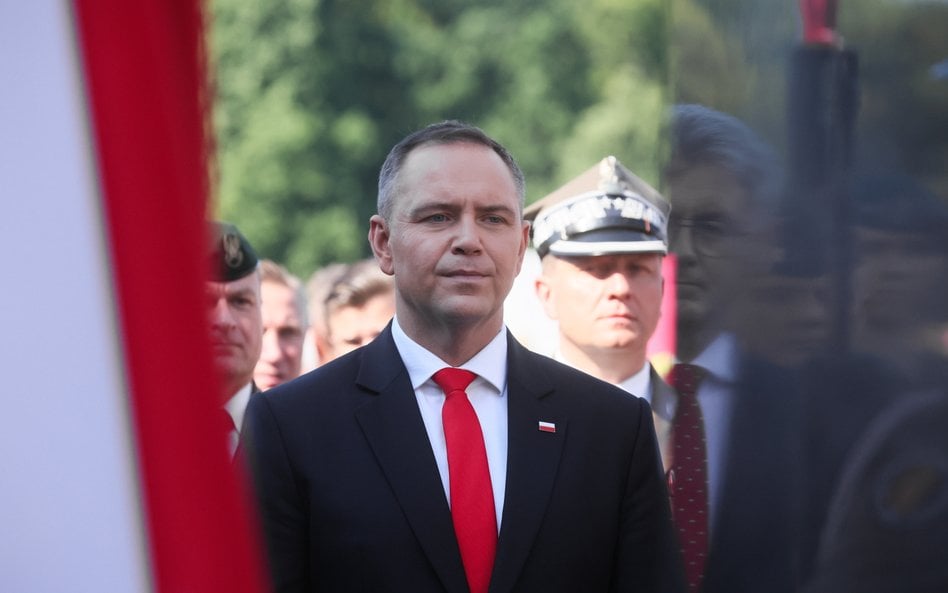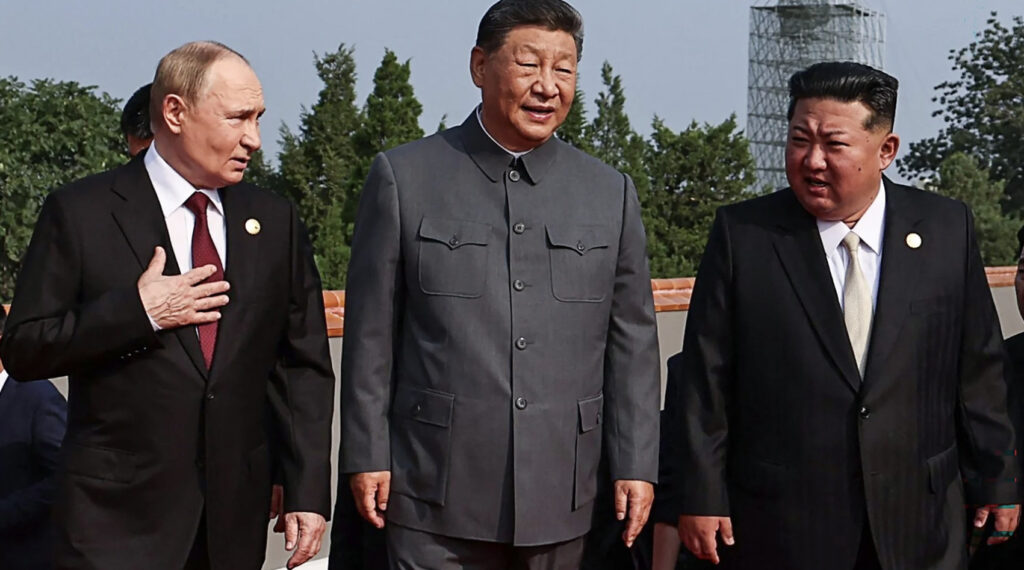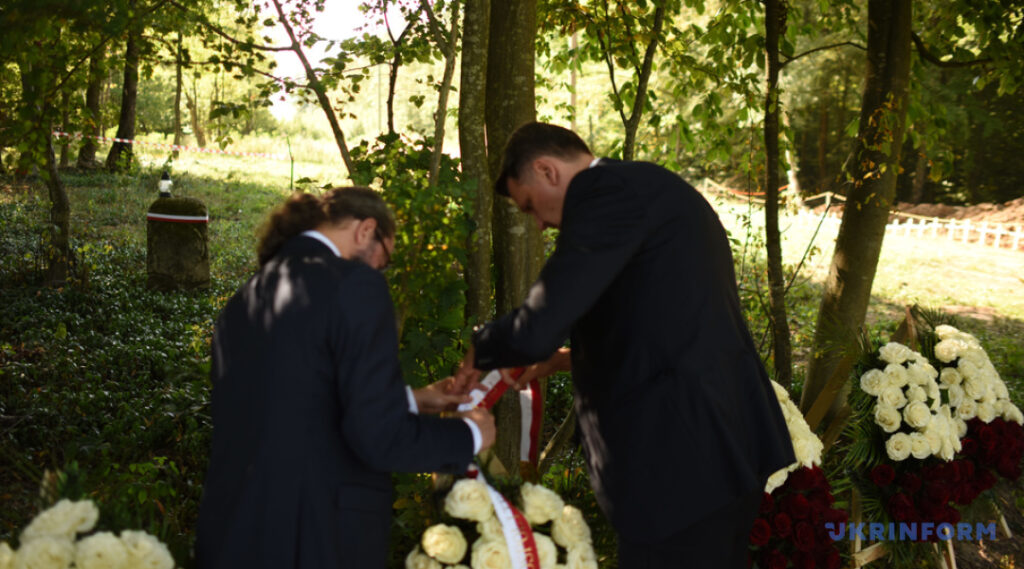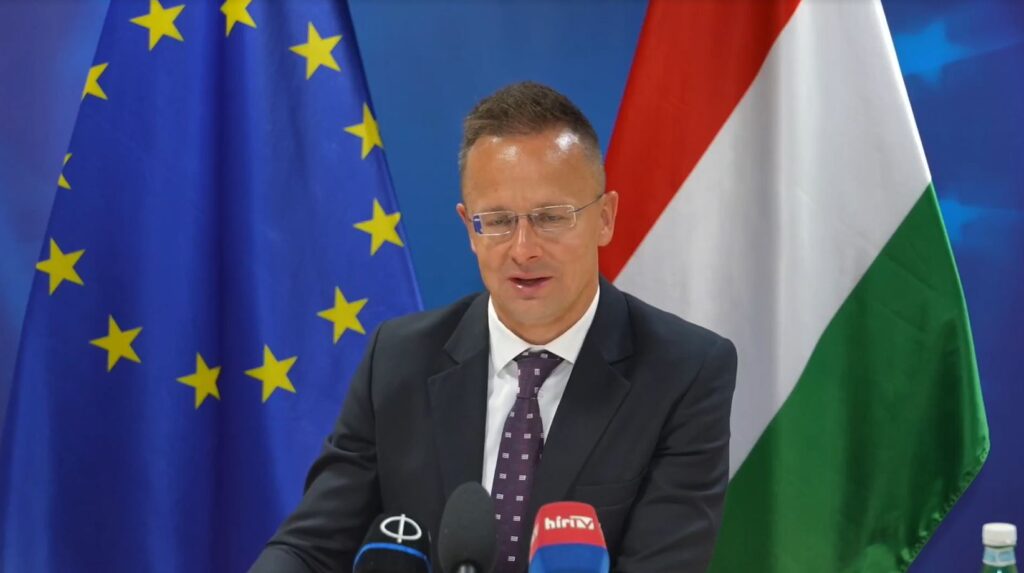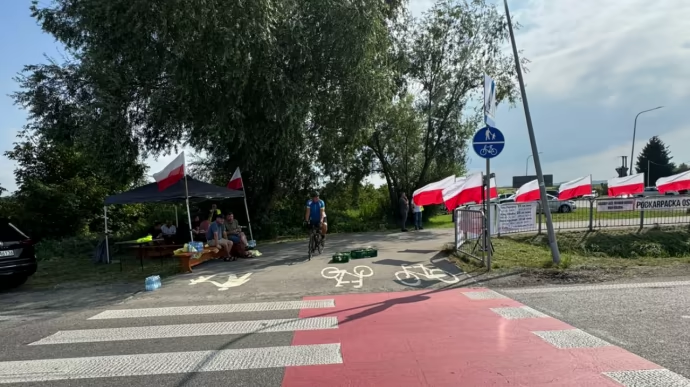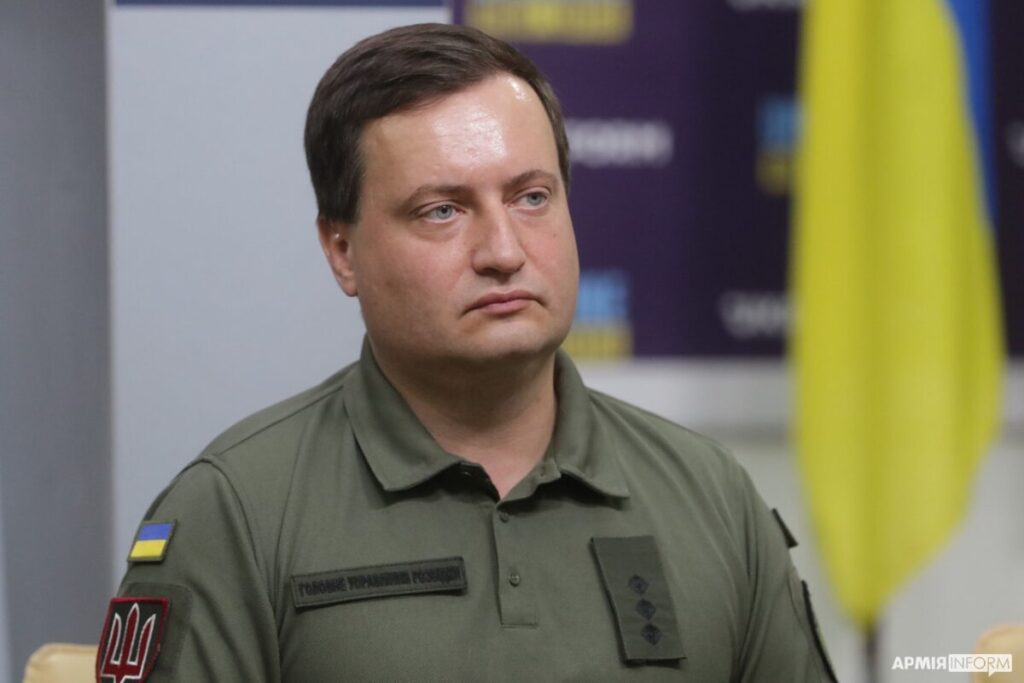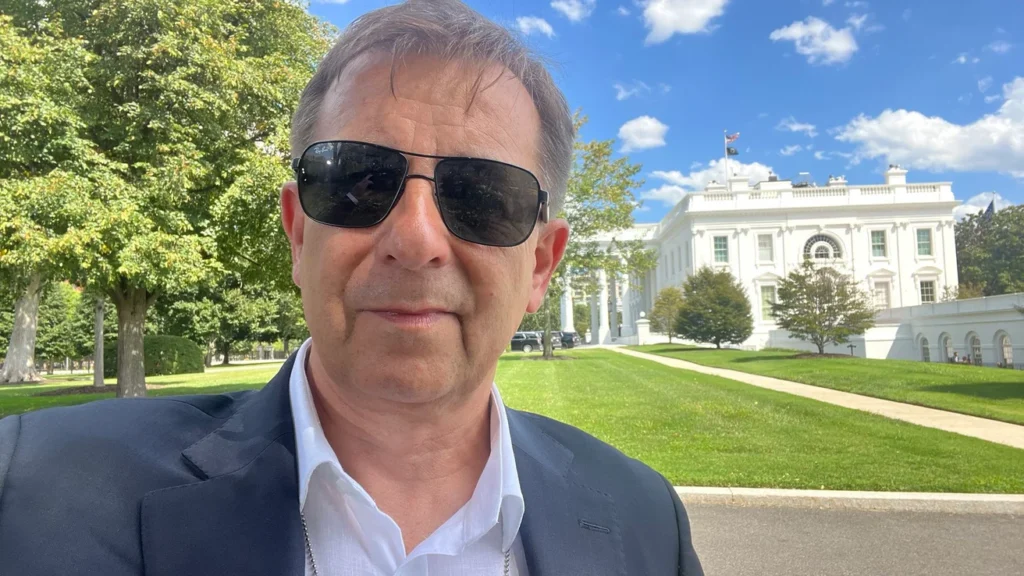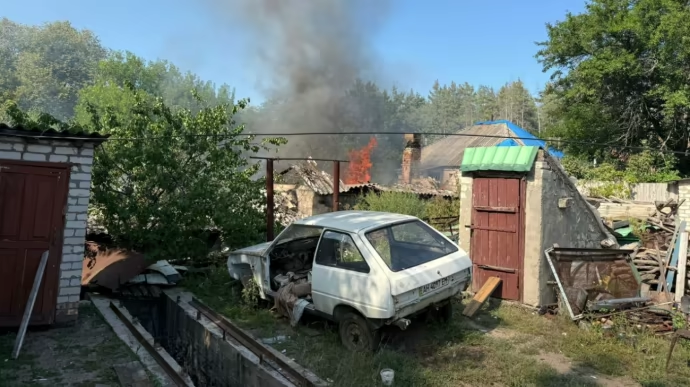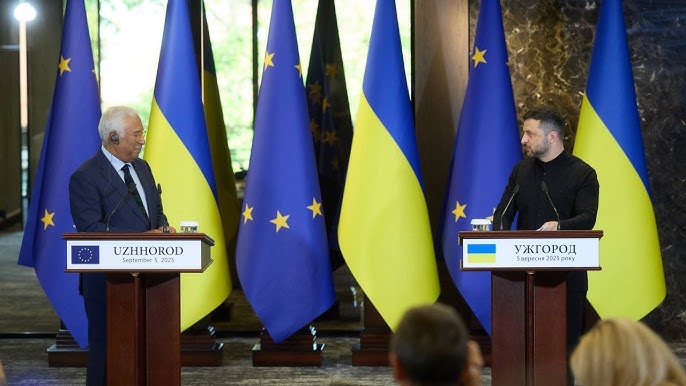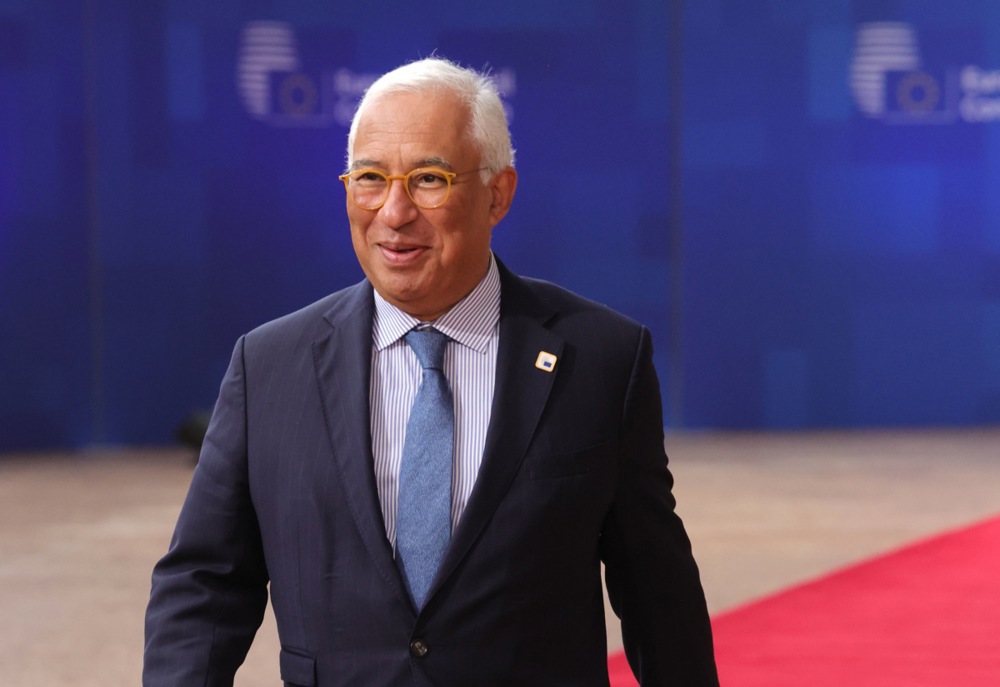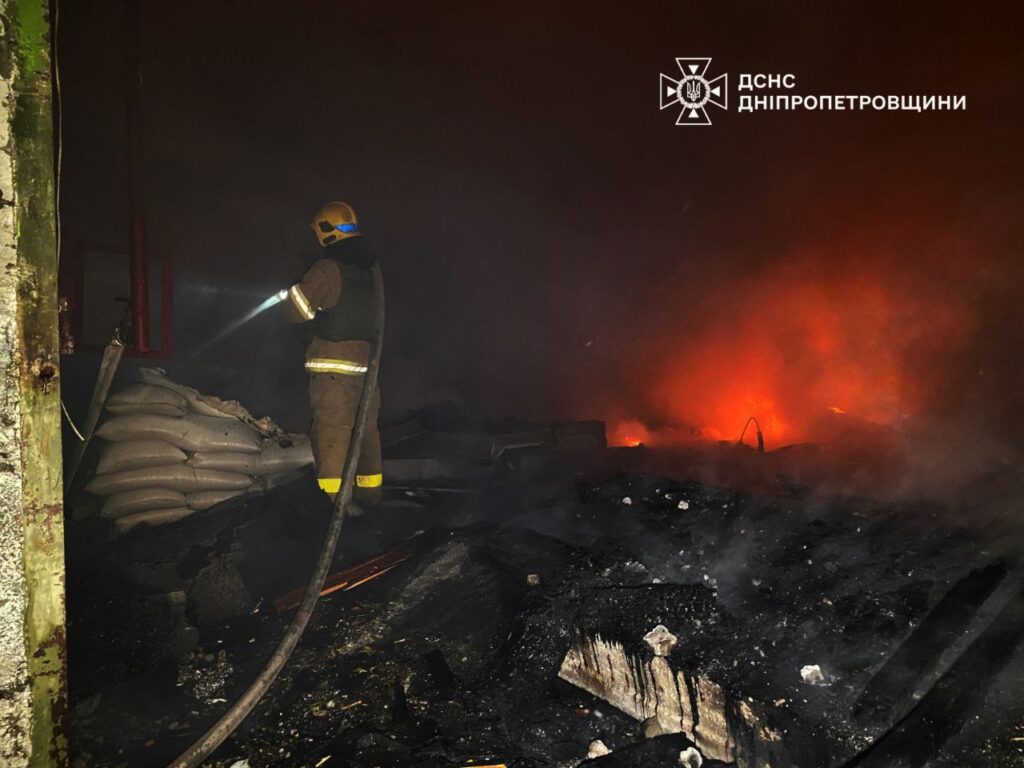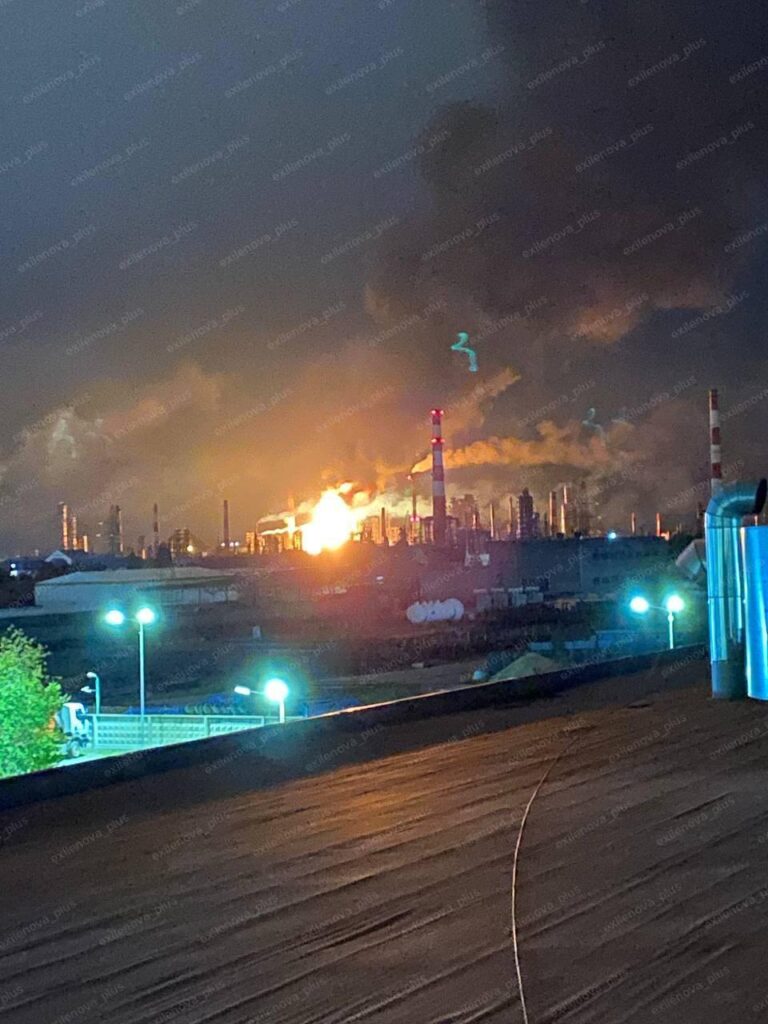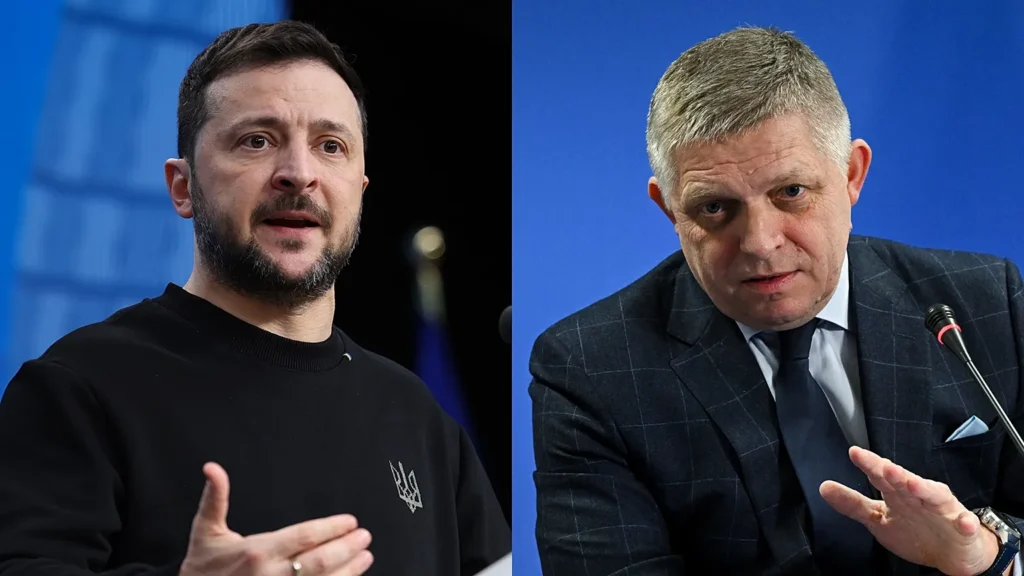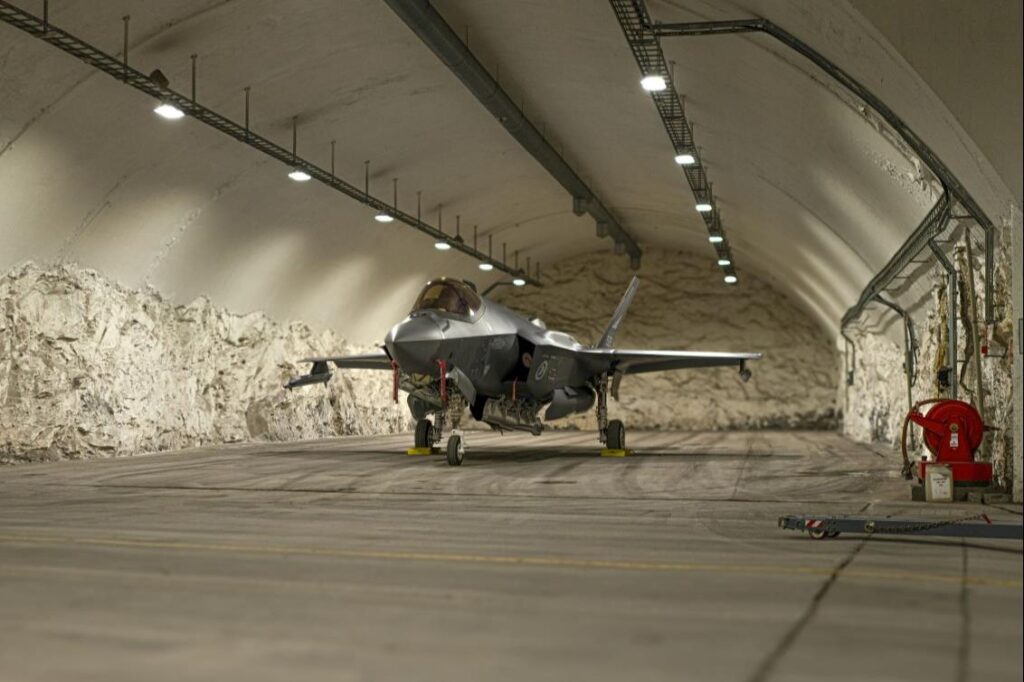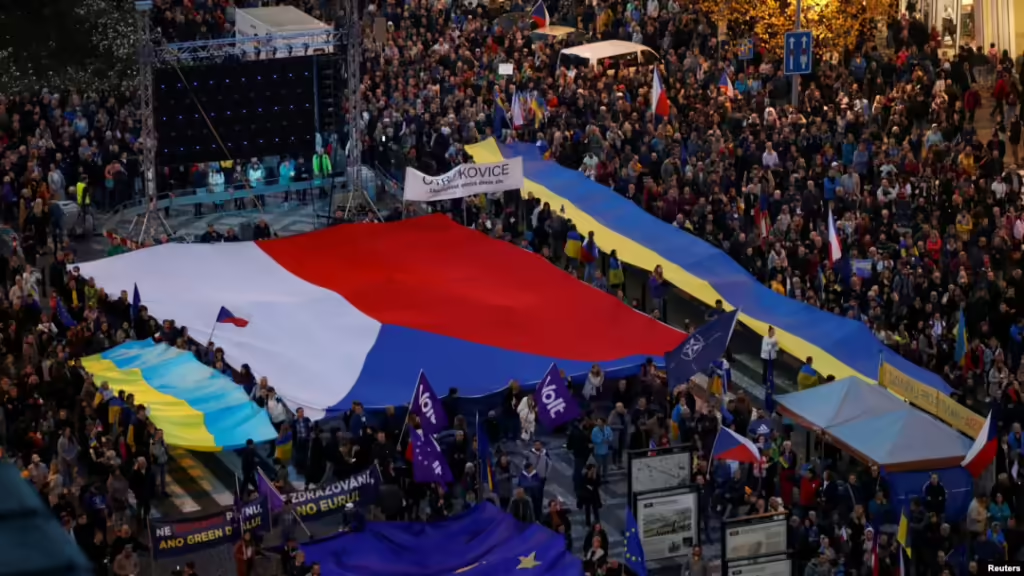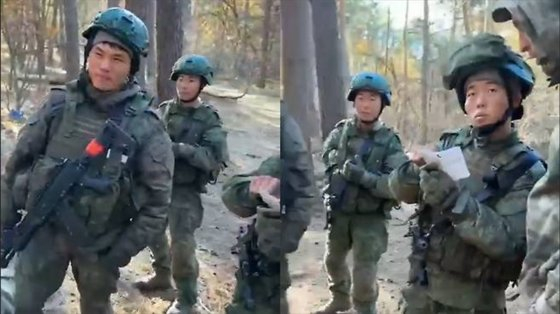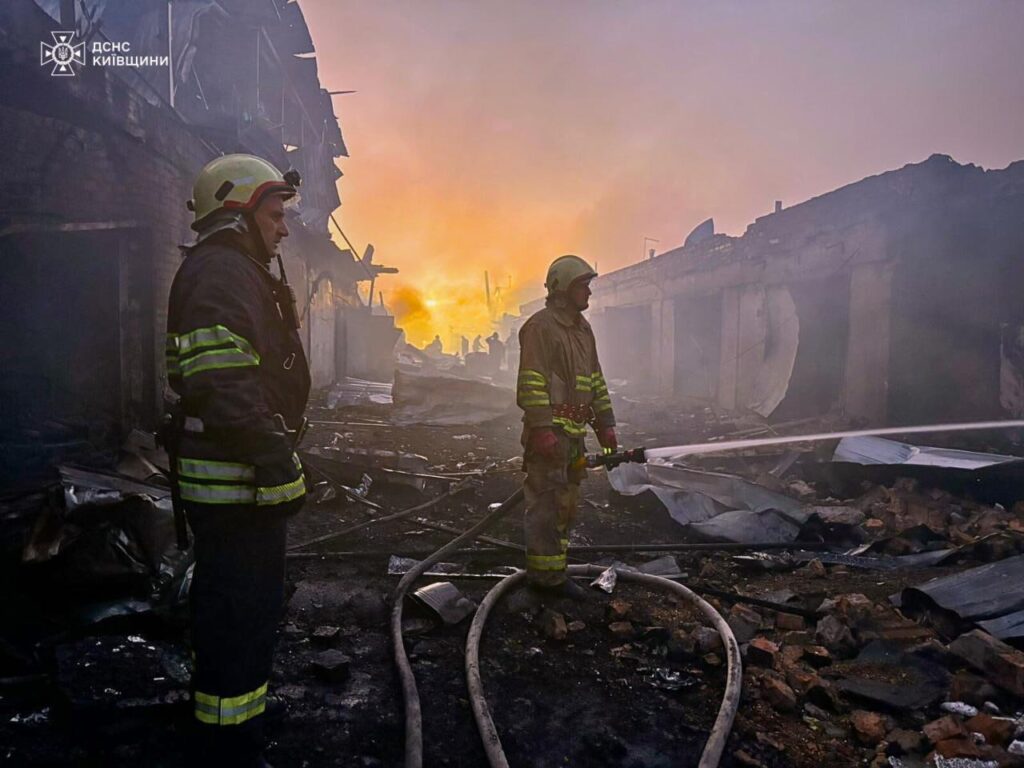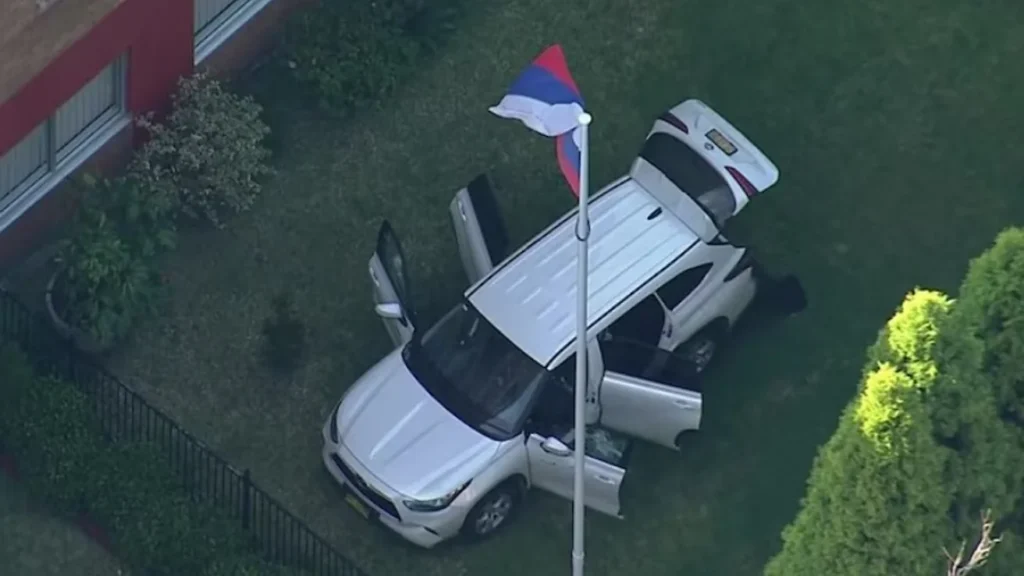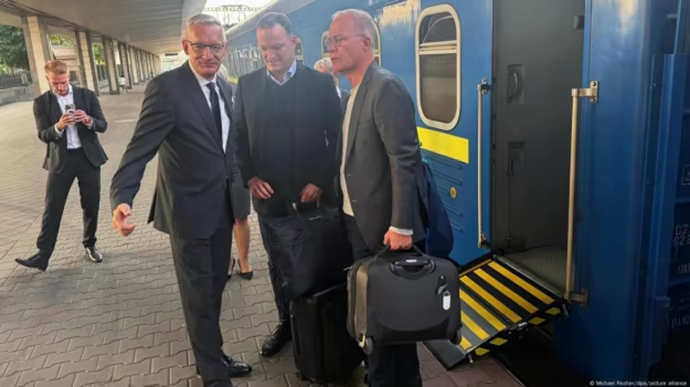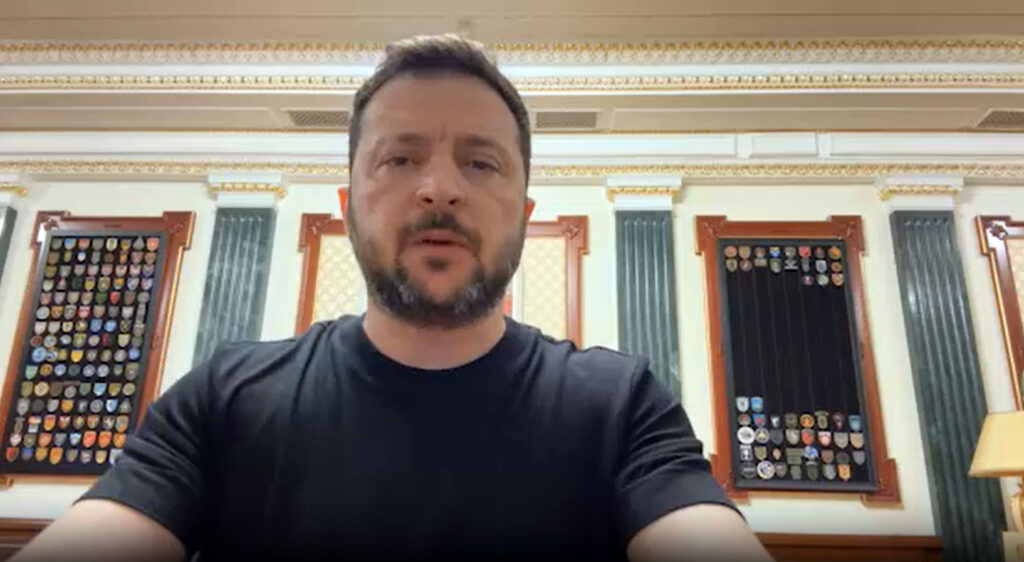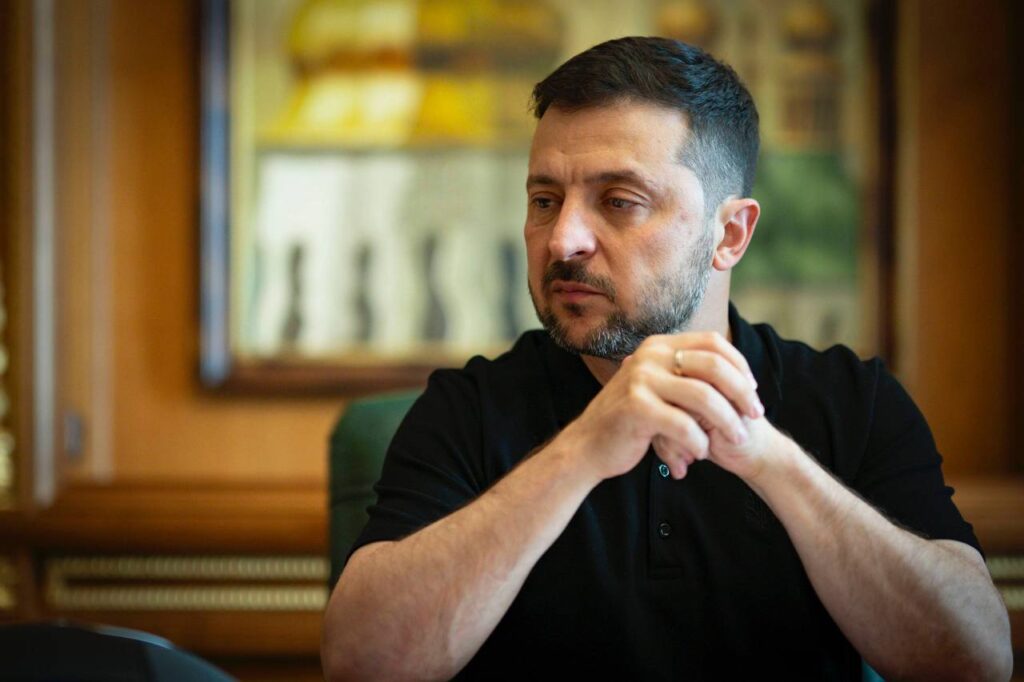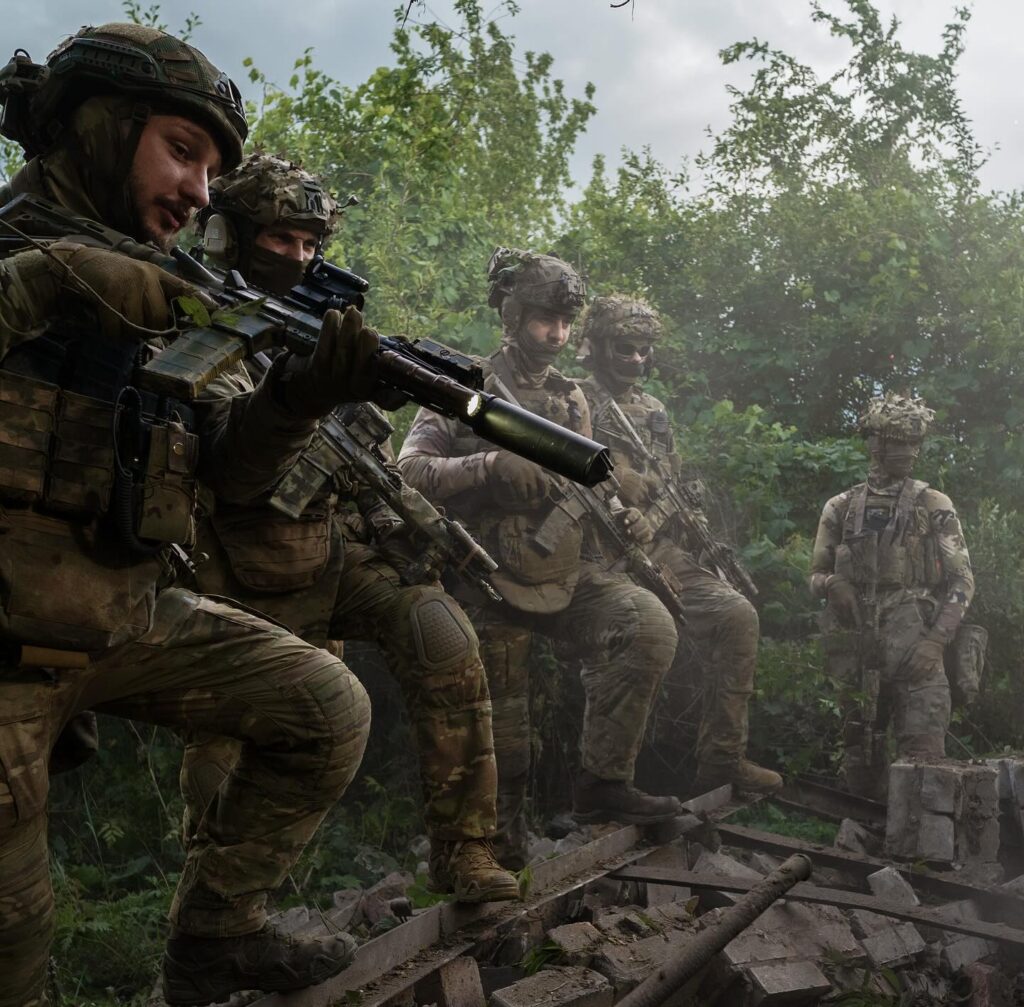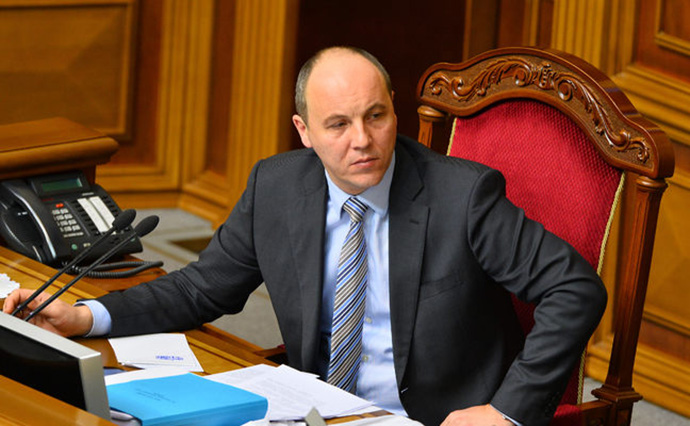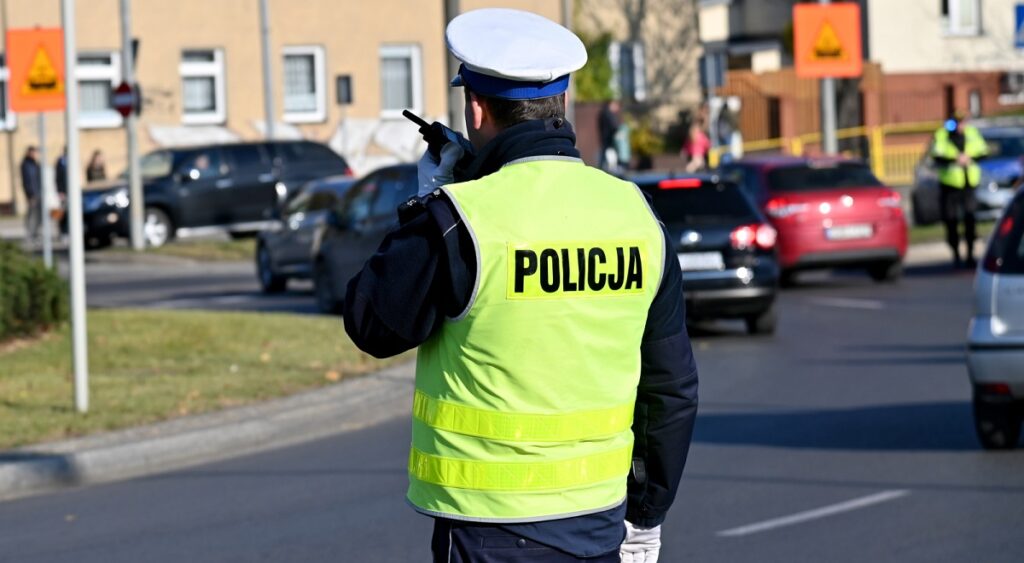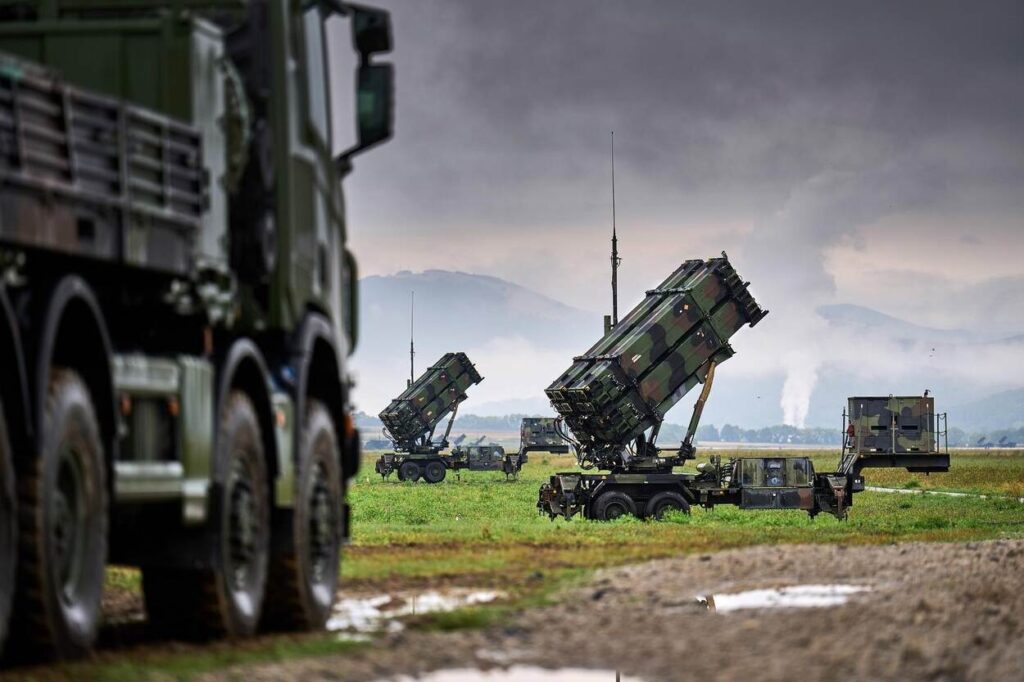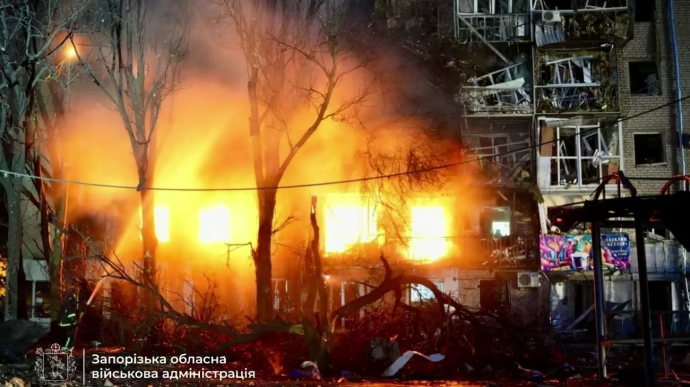Rheinmetall to manufacture Skyranger mobile anti-drone systems for Ukraine
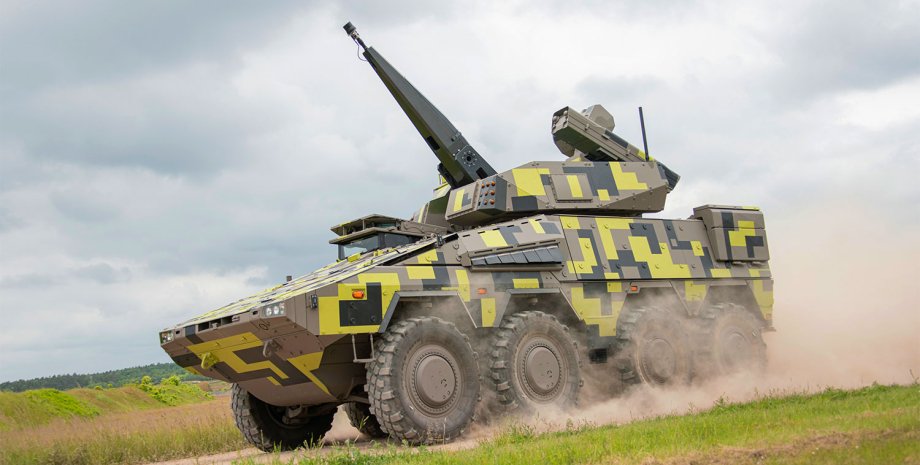
German defense contractor Rheinmetall will deliver mobile anti-drone systems to Ukraine before the end of 2024, CEO Armin Papperger announced in an exclusive interview with ZDF’s WISO magazine.
The contract worth hundreds of millions of euros will be signed on 11 September at the DSEI defense exhibition in London, according to the report.
The systems in question are Skyranger mobile air defense units that can be mounted on Leopard tanks. “Each of these systems can cover four by four kilometers to be completely drone-free. That means all drones will be eliminated,” Papperger told ZDF.
The announcement comes days after what Ukrainian air force officials described as Russia’s heaviest aerial bombardment since the war began. ZDF reporter Luc Walpot noted that the attacks serve Putin’s propaganda purposes, with images of burning government buildings circulating globally.
Papperger emphasized the systems’ potential impact on Ukraine’s defensive capabilities. “The systems, in which the Bundeswehr is also interested, could help Ukraine very much in the current situation,” he said.
The Rheinmetall chief also confirmed expansion plans in the maritime sector, revealing that a decision on acquiring Bremen’s Lürssen shipyard will be announced within weeks. “We will definitely enter the naval market – and in two, three weeks you will get this decision,” Papperger stated.
Rheinmetall’s growth trajectory reflects the defense industry’s transformation since Russia’s invasion of Ukraine. The company’s stock price has surged approximately 1,700 percent since the war began, while workforce numbers have expanded to roughly 40,000 employees.
“In about three years we want to employ 70,000 people,” Papperger said, adding that supplier companies would contribute an additional 210,000 jobs. He expects 300,000 job applications to Rheinmetall this year alone.
The company opened Europe’s largest ammunition factory in Lower Saxony’s Unterlüß in August, with Defense Minister Boris Pistorius and NATO Secretary-General Mark Rutte attending the ceremony.
Addressing criticism about industry delays, Papperger acknowledged: “There are also delays with us, but they are ultimately coordinated with the federal government, they are coordinated with the offices and that is normal. In all projects there are always delays in the defense sector.”
When asked whether Rheinmetall cynically hopes for the war’s continuation, Papperger responded: “No, I wish the war would end immediately, because the people in Ukraine are suffering tremendously.”
According to economic advisor Monika Schnitzer, increased defense spending will generate significant economic growth for Germany, though she cautioned that defense alone cannot resolve the country’s broader economic challenges.
